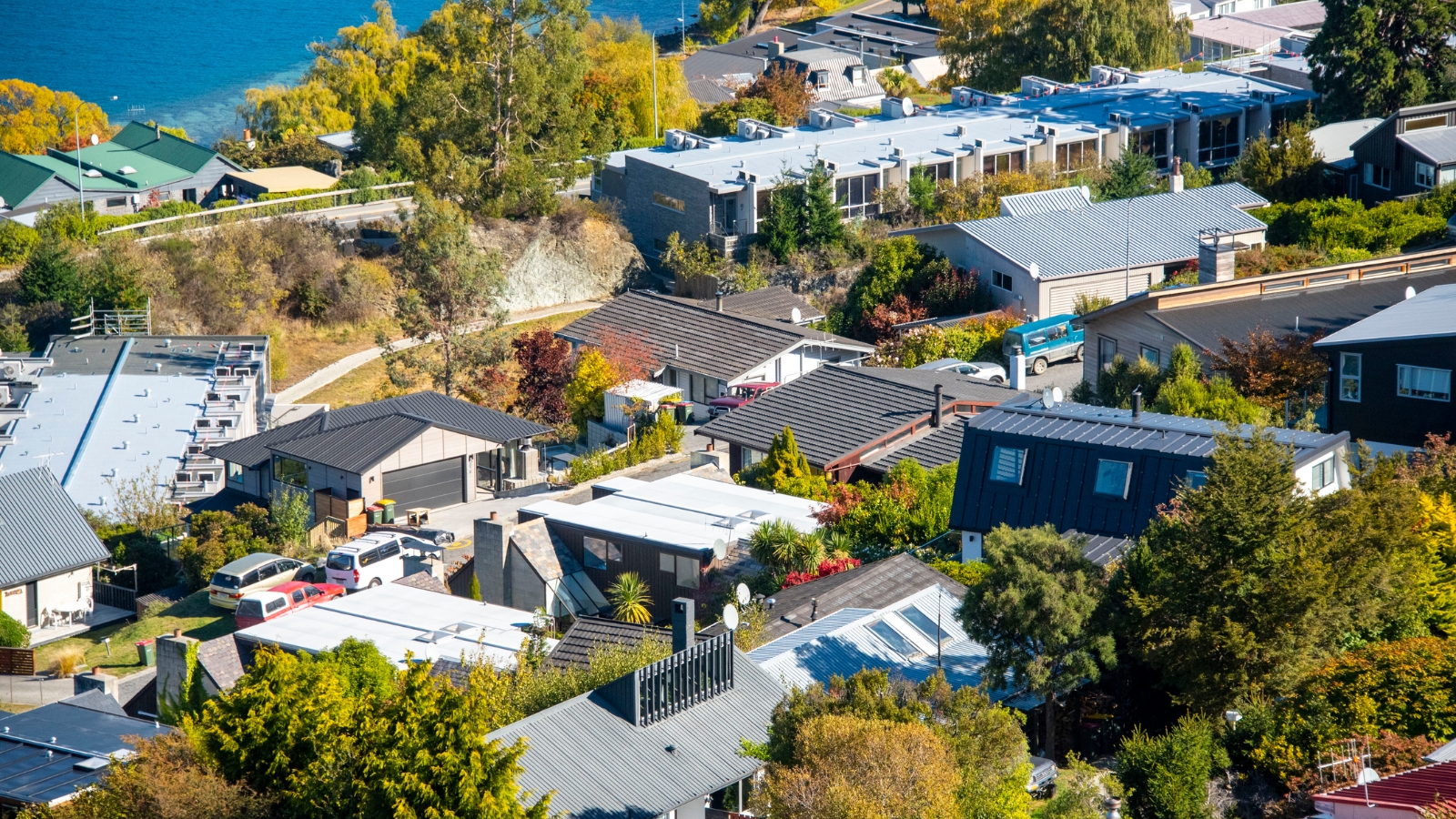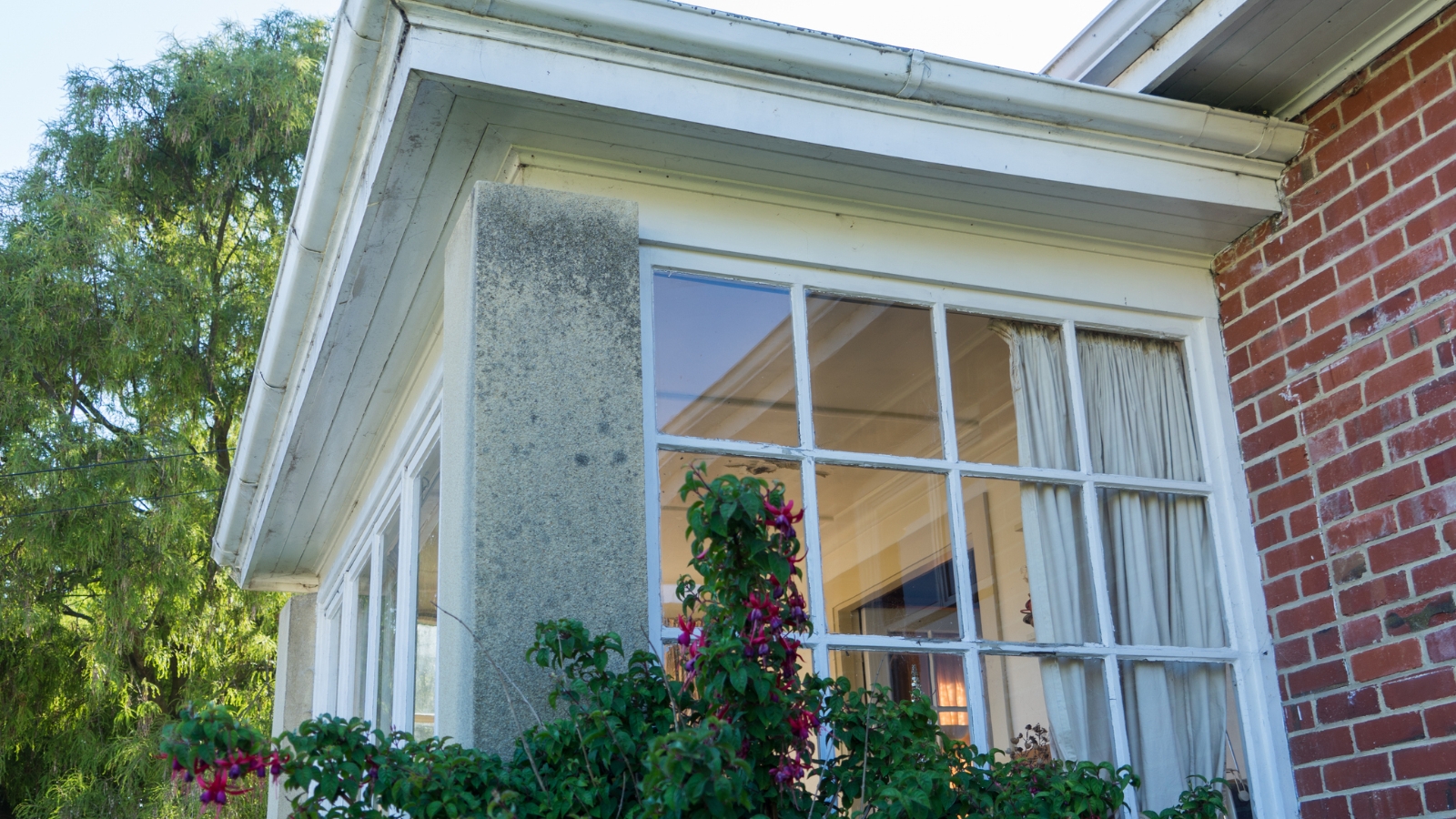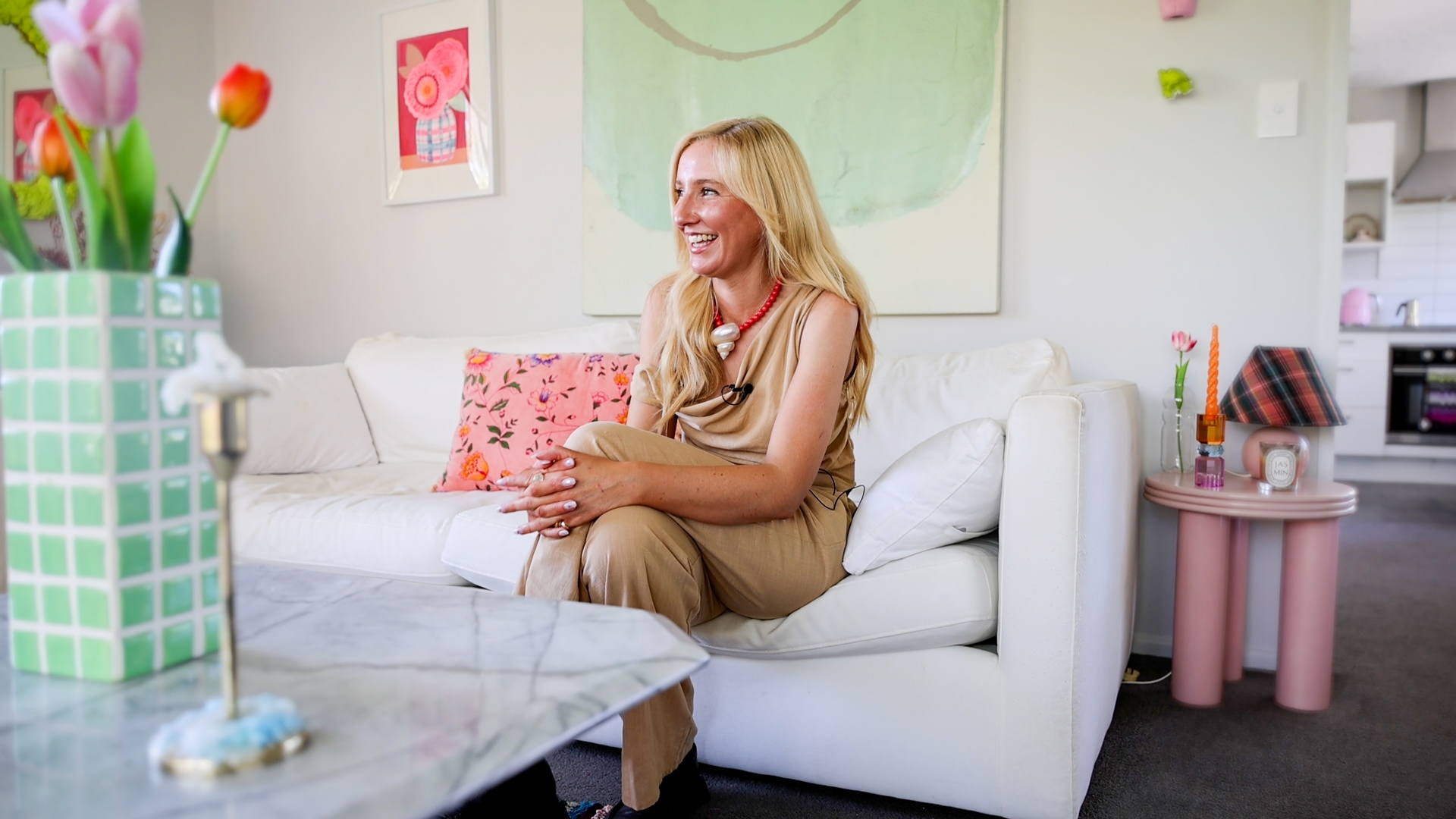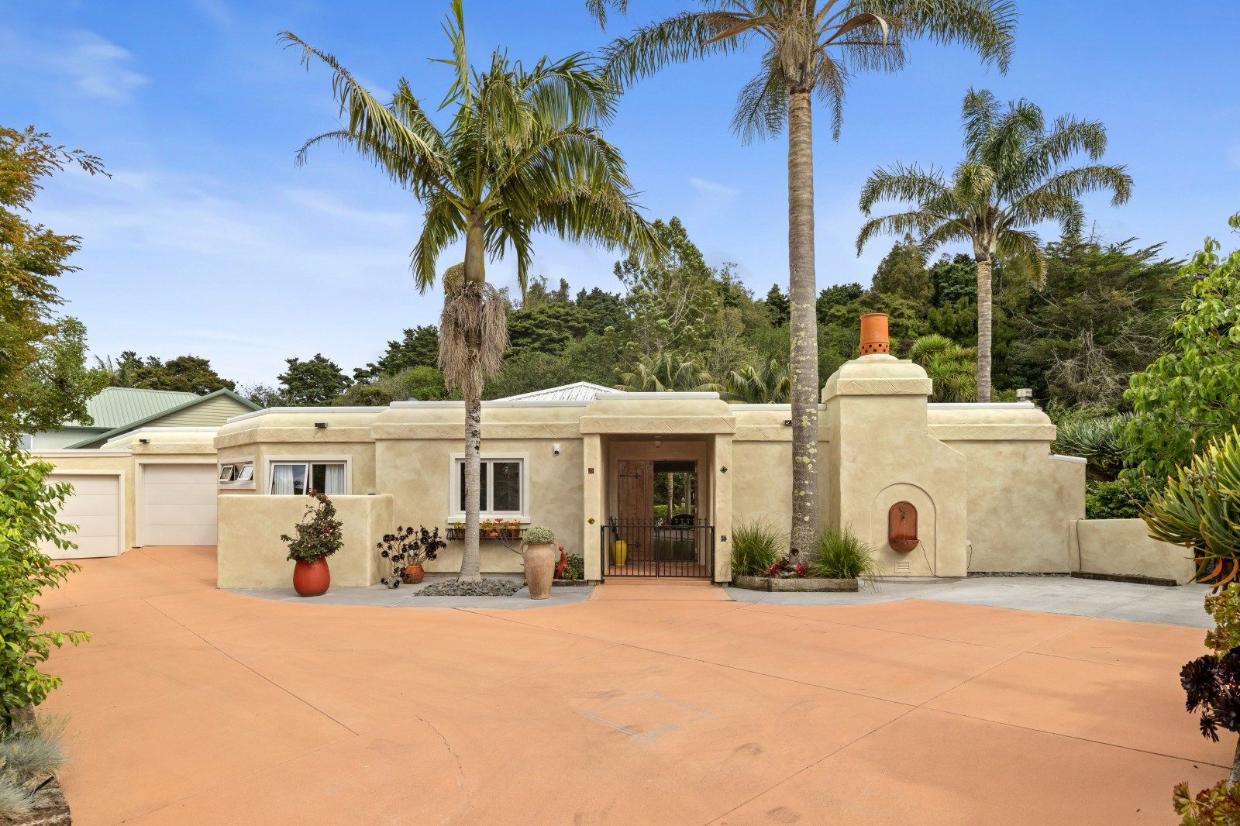Buying guide
Cross lease property: What you need to know before you buy
What does cross lease mean? What are the pros and cons? And what do you need to look out for before buying?

What is a cross lease?
What’s the problem with cross leases?
They often restrict what you can do with your property
It's important to get along with your neighbours when you own a cross lease property.
Making changes can be more difficult
Your neighbours really matter
They may reduce the value of your property
If one owner doesn’t update the flats plan, all titles are defective
Cross leases tend to only be older properties.
The good news is: Cross leases can be converted to freehold
How much does converting a cross lease to freehold cost?
Cross lease properties can be fine but you should still take care when buying.
What to look out for when buying cross lease properties
Author
Discover More
Search
Other articles you might like









